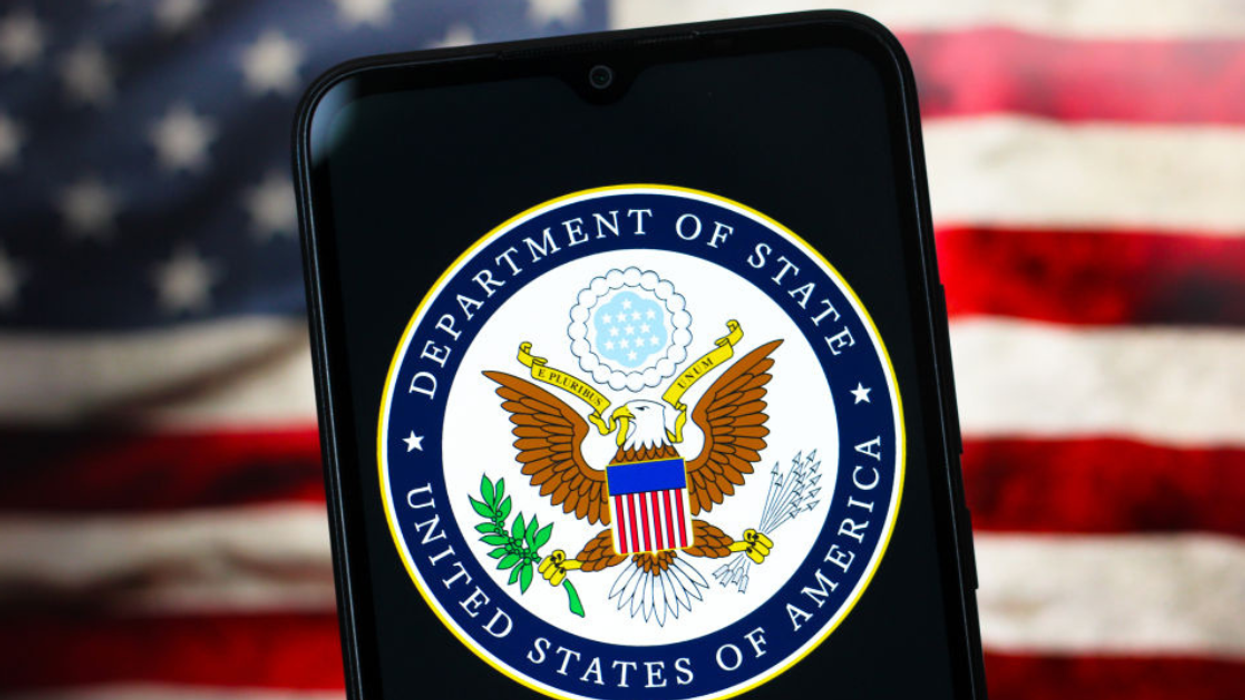The State Department is facing harsh criticism after it announced that anyone applying for an F, M, or J nonimmigrant visa will need to disclose all social media profiles from the last five years, requiring that all applicants set their posts to public so they can be properly vetted by its agents.
The agency said the new rules are part of a new screening process aimed at identifying individuals who may pose a threat to U.S. national security. According to the department, failure to comply could result in a denial, and consular officers have been instructed to flag signs of “hostility” toward the U.S.—though the criteria for such determinations remain vague.
The update follows a suspension of all student visa interviews in May, which the department said was necessary to implement the new policy.
More than one million international students currently attend U.S. colleges and universities, contributing over $40 billion annually to the economy. However, the Trump administration’s tightening of immigration rules appears to be deterring interest: early data from education platforms show a steep drop in international students searching for American programs since January.
Many have condemned the move, which they've described as inherently fascist.
As the U.S. resumes student visa processing, the State Department has instructed consulates to prioritize applicants seeking to study at institutions where international students make up less than 15% of the student body, according to a U.S. official familiar with internal guidance.
An Associated Press analysis of 2023 federal education data shows that more than 15% of students are international at nearly 200 U.S. universities—most of them private, including all eight Ivy League schools.
Separately, the Trump administration has pressed 36 countries to enhance their vetting procedures for travelers or risk having their citizens barred from entering the U.S. A recent diplomatic cable from the State Department gives those countries a 60-day deadline to address American security concerns or face inclusion on a growing list of nations affected by a travel ban, currently at 12.
















 @JaJa_no_NO/X
@JaJa_no_NO/X @CWMorgan1000/X
@CWMorgan1000/X reply to @spain2323/Instagram
reply to @spain2323/Instagram reply to @spain2323/Instagram
reply to @spain2323/Instagram reply to @spain2323/Instagram
reply to @spain2323/Instagram reply to @spain2323/Instagram
reply to @spain2323/Instagram reply to @spain2323/Instagram
reply to @spain2323/Instagram reply to @spain2323/Instagram
reply to @spain2323/Instagram reply to @spain2323/Instagram
reply to @spain2323/Instagram reply to @spain2323/Instagram
reply to @spain2323/Instagram reply to @spain2323/Instagram
reply to @spain2323/Instagram reply to @spain2323/Instagram
reply to @spain2323/Instagram reply to @spain2323/Instagram
reply to @spain2323/Instagram reply to @spain2323/Instagram
reply to @spain2323/Instagram reply to @spain2323/Instagram
reply to @spain2323/Instagram reply to @spain2323/Instagram
reply to @spain2323/Instagram reply to @spain2323/Instagram
reply to @spain2323/Instagram reply to @spain2323/Instagram
reply to @spain2323/Instagram